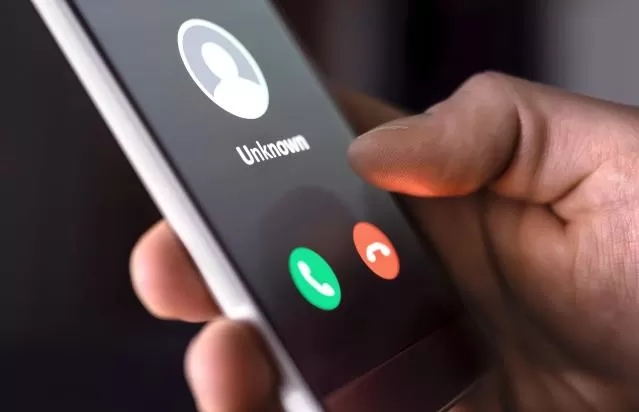Don’t say yes when caller asks ‘Can you hear me now?’

Is someone asking “Can you hear me?” on the phone when you pick up? If so, hang up. It could be a scam.
The “Can you hear me” scam has been targeting consumers for quite a few years. It’s unclear exactly how the scam might play out, but consumer advocates, including the Better Business Bureau, say it’s better to hang up and not engage.
What’s the danger of the can you hear me scam?
It’s likely the scammers are trying to get you to say “yes” or record your voice, which can then be used or edited to make it seem like you authorized something that you didn’t, according to a scam alert from the BBB.
The BBB said it continues to receive reports to its Scam Tracker, the organization’s tool that keeps an eye on reported scams across the country.
Usually, the caller will hang up immediately after you respond to the question “Can you hear me?,” the alert said. However, some consumers report that the calls can also be about banking, vacation packages, warranties and Medicare cards, the BBB said. The callers may be impersonating a business like your bank or another financial institution, a government agency, or an insurance company, the agency said.
“We encourage people to report this and other scams to BBB’s Scam Tracker,” BBB spokeswoman Melanie McGovern told USA TODAY. “It helps to warn others that this activity is happening again. If you get a call, simply hang up without saying anything.”
The BBB said that so far, no reports in the Scam Tracker mention monetary loss, though the agency is unsure if any victims have reported losses to other authorities. “However, it’s unclear how the scams will play out over time or if the targets will be victimized later,” the BBB said.
How does the can you hear me scam work?
Here’s how the scam works: You get a call from someone who quickly asks, “Can you hear me?” They want you to answer “Yes,” which you’d likely do instinctively, the BBB said.
The call might even be awkward or the person on the other line may say they’re having trouble with their headset or that they’ll call you back, “but in fact, the ‘person’ may be a robocall recording your conversation, and that ‘Yes’ answer you gave could later be edited to make it sound like you authorized a major purchase,” the BBB said in its alert.
What You Should Say Instead
I can hear you now, but I won’t say “yes” if a caller asks “Can you hear me now?” Instead, I might respond with something like, “Loud and clear, my audio receptors are functioning at optimal levels.”







